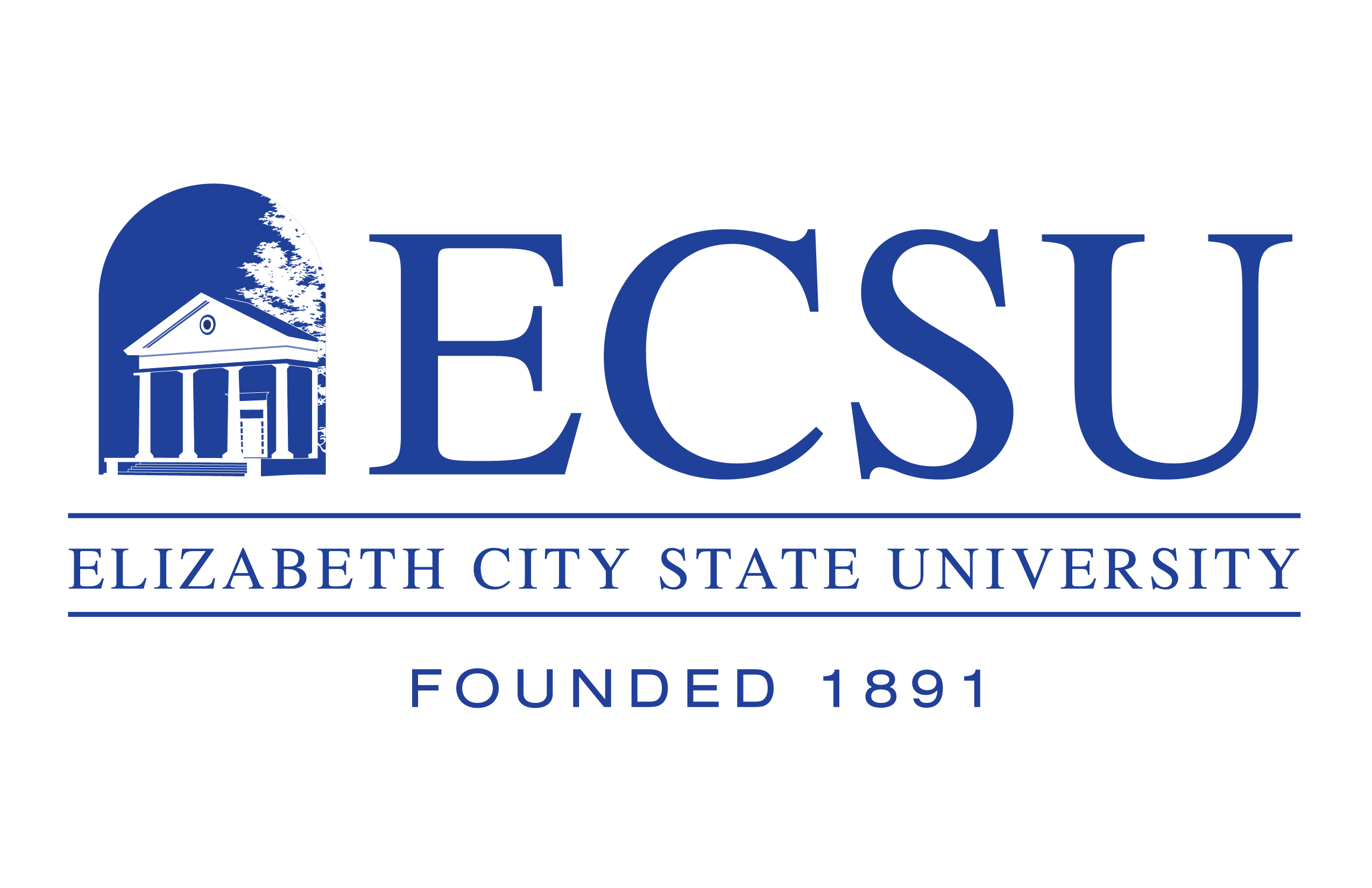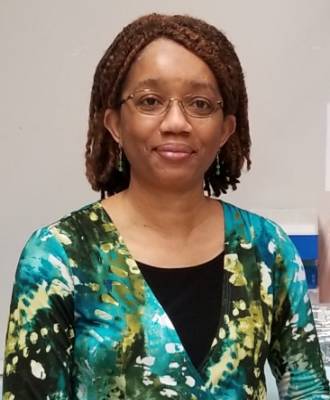Elizabeth City, NC – Crucial funding in biofuels and transformation technologies may be coming soon, thanks to Elizabeth City State University’s (ECSU) Margaret Young, associate professor of biology. Young co-chaired a Plant Transformation Workshop, resulting in a Department of Energy (DOE) white paper to be submitted to Congress and available to the broader community.
The DOE’s “Overcoming Barriers in Plant Transformation” white paper, featuring ECSU’s students on its cover, marks the active involvement and contributions of ECSU students in advanced biological research, and reflects the university’s commitment to providing life-changing educational and research opportunities.
Young’s leadership in co-chairing the workshop demonstrates her dedication to advancing the field of plant biology. Her expertise and vision have been instrumental in shaping the discussions, solutions and recommendations outlined in the white paper. The workshop gathered scientists, researchers and educators to explore new techniques in plant transformation, and aimed to address challenges in agriculture, sustainability and environmental conservation.
“Originally, we would use this bacterium called Agrobacterium or this machine called gene gun. We would introduce genes into plants, except it would leave a little piece of the original bacteria. CRISPR is a newer technique in gene editing and leaves no trace,” Young said.
Researchers have since discovered that this technique can work in any organism. According to Young, this gene editing technique is what science is moving toward.
A white paper is a persuasive and in-depth report on a specific topic and presents a problem and a solution. The significance of the white paper lies in its potential impact on future research funding. “The problem is, we were not training the fundamentals of what tissue culture and transformation is. We have these new techniques, but we do not have people trained. The workshop was about trying to sell to Congress that we need to set up facilities where we do tissue culture and transformation and train people,” said Young.
If approved by Congress, it could increase financial support for initiatives that enhance crop resilience, improve food security, and mitigate the effects of climate change through advanced plant transformation methods.
Young’s contributions to ECSU and the wider field of biology are an element in which she enjoys operating. When asked what motivates her, she said, “I actually enjoy teaching. I enjoy doing research. I enjoy seeing undergraduates start to take ownership of it.”
In and out of the lab, Young’s awareness of the importance of this work never sleeps. “I used to just walk through stores, and if I saw a plant, I’d think, ‘Oh, we can tissue culture this. I’ll just bring it to the lab.’”
Her work contributes to the university’s reputation as a place for scientific excellence and inspires the next generation of biologists. Through her mentorship and leadership, Young is shaping the future of biological research, encouraging innovation, and leading progress in essential areas of study. “I like when they become curious enough that they want to go beyond what I’m teaching,” said Young.
Young’s role in co-chairing the Plant Transformation Workshop and the resulting DOE white paper exemplifies her commitment to advancing knowledge and positively impacting society. “Hopefully, they will fund these plant transformation facilities throughout the U.S.,” Young said.
The stage of the white paper process is currently unknown. As Young and the team await the congressional review of the white paper, she remains optimistic about the potential funding and the transformative research opportunities it could bring. “If we continue to train our students, they will have potential jobs at these facilities,” said Young.
Young’s leadership and the collaborative efforts of ECSU’s students and faculty contribute significantly to plant biology and beyond. Her contributions can also be viewed in other areas of science, as she was nominated and elected to secretary and treasurer of the Plant Biotechnology Section of the Society for In Vitro Biology (SIVB) and to the steering committee of the Primarily Undergraduate Institutions (PUI) of the American Society of Plant Biologists (ASPB).
Young’s presence on various social media platforms offers a deeper look into her discoveries taking place in the lab. Follow her work on Instagram and Twitter to stay connected with the innovative research she and her students are pioneering. For further information on the work in bioenergy crop transformation, click here.

